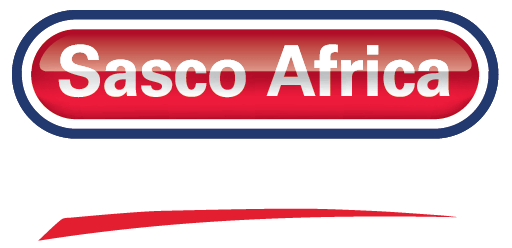
Platform scales, as the name suggests, feature a flat platform designed specifically for weighing various items. This instrument has woven itself deeply into many industries, playing a pivotal role in ensuring the accuracy of weights across commercial and industrial applications. Whether it’s a business seeking to determine shipping costs or a manufacturing unit ensuring the right quantity of raw materials, platform scales stand as the backbone of precision and efficiency.
With technological advancements, the modern-day platform scale boasts digital displays and a plethora of innovative features, such as tare functions. These allow users to subtract the weight of containers, ensuring that only the actual weight of the contents is displayed. Furthermore, some of these scales come with connectivity options for computers, enabling businesses to log data and streamline their operations.
The importance of accuracy cannot be emphasised enough, especially when a small miscalculation can lead to significant financial implications or even safety concerns. In this light, understanding platform scales becomes crucial for businesses aiming for precision and consistency.
The Versatility of Platform Scales
In the dynamic landscape of the commercial and industrial sectors, versatility is the name of the game. Platform scales, with their varied sizes and capacities, cater to this demand aptly. From small scales used in laboratories for precise measurements to heavy-duty ones that grapple with tonnes of weight in warehouses, these devices are omnipresent. They’ve become integral to sectors ranging from agriculture, where they might weigh bulk produce, to mining, where they ensure that ore and minerals are accurately accounted for.
One of the more prominent industries relying on these scales is logistics. In an environment where shipping costs are meticulously calculated based on weight, the role of a precise platform scale is paramount. Similarly, manufacturing units utilise these scales to ensure the right amount of raw materials goes into production, guaranteeing product consistency and quality.
But it’s not just about weight. Modern platform scales often come equipped with features that aid in counting, ensuring that industries relying on piece counts, such as automotive or electronics, can maintain their efficiency and accuracy standards.
Choosing the Right Platform Scale
Given the wide array of applications and industries that platform scales serve, selecting the right one becomes a task that demands careful consideration. The scale’s capacity is of prime importance. While a small-scale business might only require a scale capable of handling a few kilograms, larger industrial setups could need scales that can bear the brunt of several tonnes.
Another vital aspect to ponder upon is the scale’s sensitivity or resolution. Especially in industries where the slightest discrepancy in weight can lead to significant consequences, opting for a scale that offers high-resolution readings becomes crucial. For instance, pharmaceutical companies or specialty chemical manufacturers would require scales that offer precise weight measurements down to the gram or even milligram.
Lastly, the additional features that a platform scale offers can greatly influence the decision. Does your operation require data logging? Would a connectivity option to computers benefit the workflow? Or perhaps, a tare function is essential for your processes. Understanding these nuances will go a long way in ensuring that the platform scale you choose truly aligns with your business’s demands and adds value to your operations.


